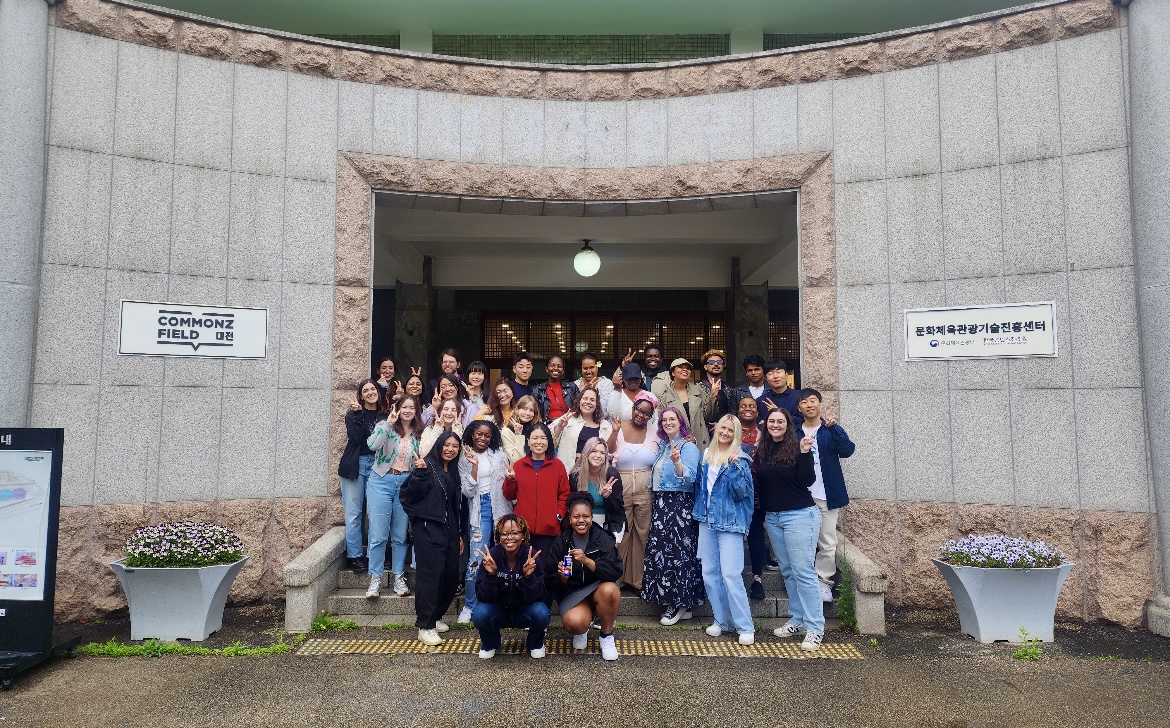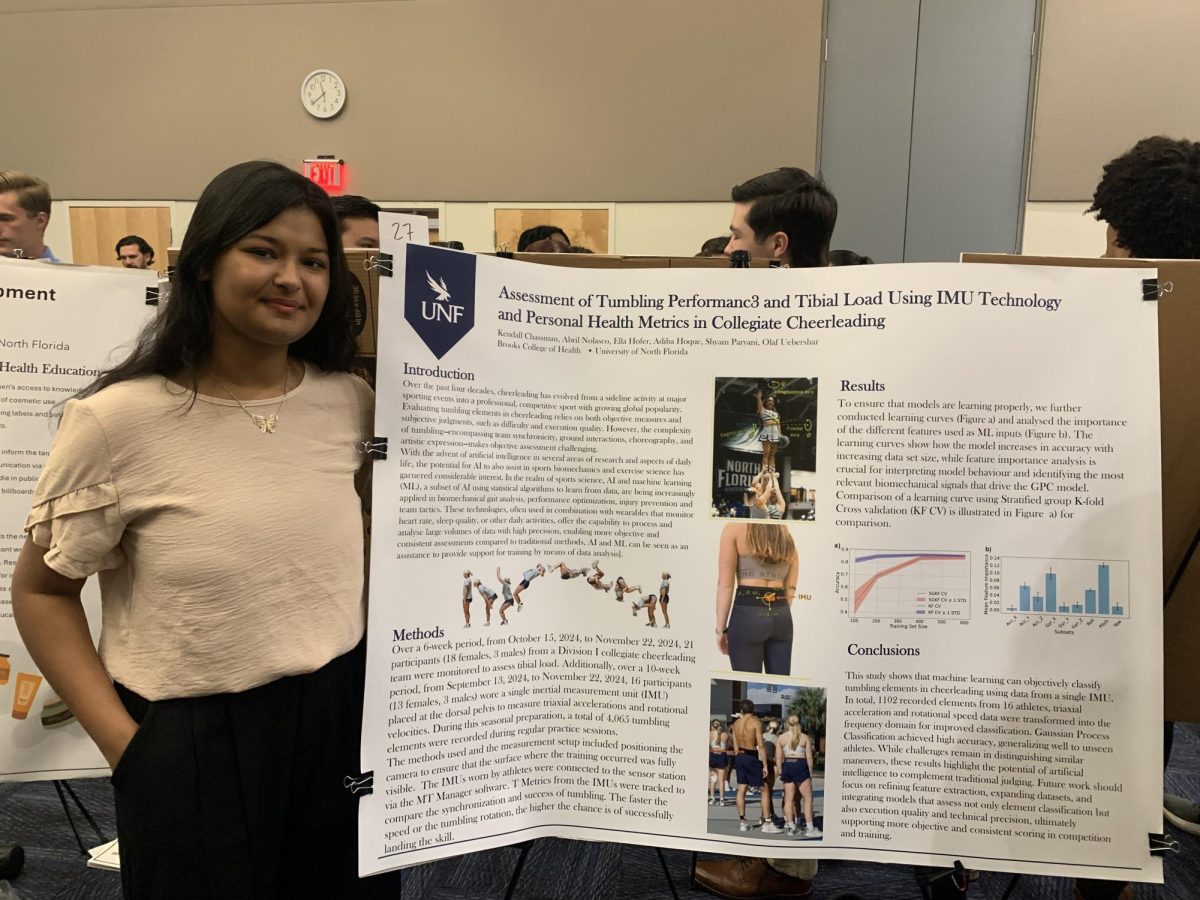
If you asked multiple people how they define race, you may get a variety of answers.
Dr. Jenny Stuber, UNF associate professor of sociology, is here to help people understand what race is through a sociological perspective. On Monday, Stuber gave a lecture in the Student Union ballroom to examine how human beings have defined this ever-present aspect of human identity.
The PowerPoint slide read like this: “Race: A socially constructed label used to describe perceived biological characteristics (phenotype).”
According to Stuber, looking at race through a sociological lens means analyzing how the definition of race has changed historically, and how it varies in different areas of the world.
“Race is complicated. Race is convoluted,” Stuber said.
Stuber explained how the concept of race was created by European scientists, led by Swedish biologist Carl Linnaeus, in the 1700s. Linnaeus and others determined that human beings could be divided into biologically distinct groups called “races” based on physical characteristics like skin color and facial structure. They also asserted that these physical differences were associated with social differences, according to Stuber. She illustrated that these biological justifications transformed into dangerous consequences using similar elements of scientific thought.
For example, “scientific racism” used biological differences in human beings to declare certain races to be superior. Other forms of scientific racism like eugenics, anti-miscegenation laws, and laws of hypodescent (rules asserting that one drop of “black blood” determined that a person was black) manifested throughout the 1900s.
While ideas of race have certainly changed throughout history, Stuber said they also vary cross-culturally. Brazil examines race differently than the U.S., focusing more on hair color and subtle differences in skin undertones. As a result, Brazilians have a more diverse range of racial categories, according to Stuber.
Stuber also explained that multiple European nationalities and cultures weren’t initially determined to be white in America. The definition of “white” gradually came to incorporate Irish, Italian, and Jewish people among others.
Stuber’s points served to clarify that the definition of race has changed throughout American history and among different countries, as well—meaning that human beings gradually develop new definitions of race.
Stuber revealed that genetically, humans are 99.9 percent similar to one another. Human beings, creative as ever, have taken that 0.1 percent and expanded it to mean an array of things from personality traits, to natural ability, to social behavior. The great enduring myth of the human race is that there are multiple races. Biologically, there is truly only one human race.
“Race is whatever we want it to be. Race is whatever the powers that be say it is,” Stuber said, further explaining how race is socially constructed.
She briefly discussed the rise of “color-blind racism,” a form of racism that echoes familiar sentiments such as “I don’t see color,” “I’m not racist, but…” and “The past is the past,” listed on Stuber’s PowerPoint.
“Color-blind racism allows people…many opportunities to deny the ongoing significance of race,” Stuber said in a follow-up email. “Additionally, they can reject their own role in racial inequality by stating that they themselves are not racist nor have their families benefitted from slavery, while remaining ignorant of the social policies and structural factors that perpetuate racial disparities.”
According to Stuber, it’s “sustained…by willful denial or ignorance of racism’s complex manifestations.”
She concluded her lecture by acknowledging the grim realities of racism today, saying in order to make progress, the conversation about race must continue.
“We need to talk more about race. We need to understand the deep history of race.”
—
For more information or news tips, or if you see an error in this story or have any compliments or concerns, contact editor@unfspinnaker.com.















